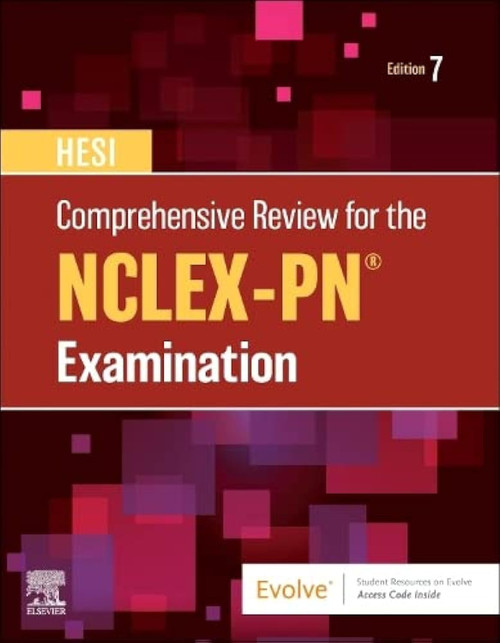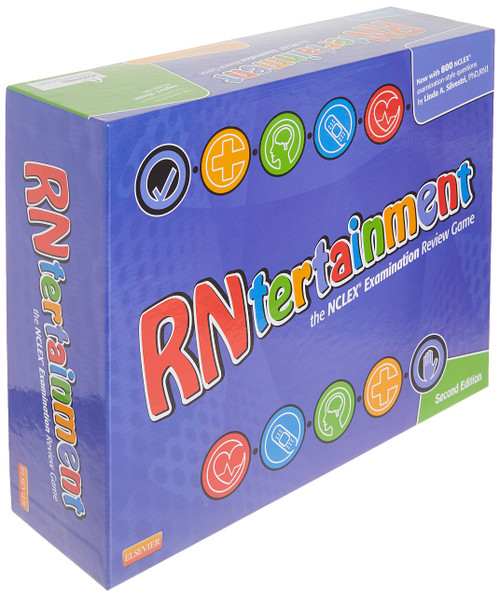Complete coverage of the new CBT-e format for the newly revised CPA Exam
With 2011 bringing the greatest changes to the CPA exam in both form and content, Wiley CPA Exam Review 38th Edition is completely revised for the new CBT-e CPA Exam format. Containing more than 2,700 multiple-choice questions and including complete information on the new Task Based Simulations, these books provide all the information needed to pass the uniform CPA examination.
- Covers the new addition of IFRS material into the CPA exam
- Features multiple-choice questions, new AICPA Task Based Simulations, and written communication questions, all based on the new CBT-e format
- Covers all requirements and divides the exam into 45 self-contained modules for flexible study
- Offers nearly three times as many examples as other CPA exam study guides
Published annually, this comprehensive two-volume paperback set provides all the information candidates need to master in order to pass the new Uniform CPA Examination format.
From the Book: Implications of the New Content of the CPA Exam
Effective January 1, 2011, the CPA exam has a new set of content specifications. The specifications can be downloaded from the AICPA Web site.
If you plan to take the exam in the near future, you should understand the major differences between these specifications and the previous specifications, along with those topics that you may not have studied sufficiently in your college coursework. In this document, we will explore these issues to help you establish your personalized plan to pass the CPA exam.
Auditing and Attestation (AUD)
The AUD section of the CPA exam changed modestly in terms of content but there are some changes. First, the ethics topics related to performing audit and attestation engagements was shifted to this section from the Regulation section. This does not present a particular difficulty because AICPA, PCAOB, and SEC ethics topics are typically covered in most college audit and attestation courses. However, the exam also now tests ethics rules of the International Federation of Accountants, the Department of Labor and the Government Accountability Office. You should make sure you understand when these rules apply and how they differ from AICPA rules.
Another major change in the AUD section is that it now tests international auditing standards. While there are not a large number of differences between AICPA auditing standards and international auditing standards, it is important that you understand these differences. Also, you should understand how these standards differ from PCAOB auditing standards. Many college auditing and attestation courses do not sufficiently cover all three of these sets of standards that are now tested on the AUD section.
Financial Accounting and Reporting (FAR)
The major change in the FAR section of the CPA exam is that international accounting standards (IFRS) are now tested. This is a significant change from the prior FAR exam, and depending upon when and where you took your college financial accounting courses, you may not have been sufficiently exposed to international accounting standards. While the FAR section currently focuses on only the major differences between U.S. GAAP and IFRS, you can expect a number of questions that focus on IFRS.
Another change in the FAR section is that the research database for the task-based research simulations is now the FASB Accounting Standards Codification (ASC). This does not significantly change the difficulty of these simulations but it is important that you have some experience performing research using the ASC to improve your efficiency on the FAR section. Be sure to practice with the AICPA tutorial and sample tests, and take advantage of the free subscription to the Authoritative Literature to get this experience.
Regulation (REG)
The REG section of the CPA exam includes a number of topics that were not tested or not emphasized in the prior REG exam. Specifically, these topics include the CPA licensing and disciplinary systems, ethical and regulatory rules that apply to tax practice, federal tax procedures, multijurisdictional tax issues, and tax-exempt organizations. Again, you will find that your college courses in taxation may or may not have provided you with sufficient exposure to these topics. You should consider this fact to help guide your plan for preparation for the REG section.
Business Environment and Concepts (BEC)
The BEC section also has some significant changes in content. First, the BEC section of the exam now covers the general concepts of internal control based on the COSO framework. This information was previously tested in only the AUD section. While the COSO framework is covered in most college courses on auditing and attestation, the depth of the BEC section testing appears fairly detailed covering not only the COSO general framework but also the new guidance on topics such as the monitoring component. You should keep this in mind as you develop your preparation plans for the topic of internal control.
Second, the BEC section now tests process and project management. These topics were not covered previously, and are not always included in college curricula. This may mean that you need to devote additional time to these topics because you are studying for the first time.











